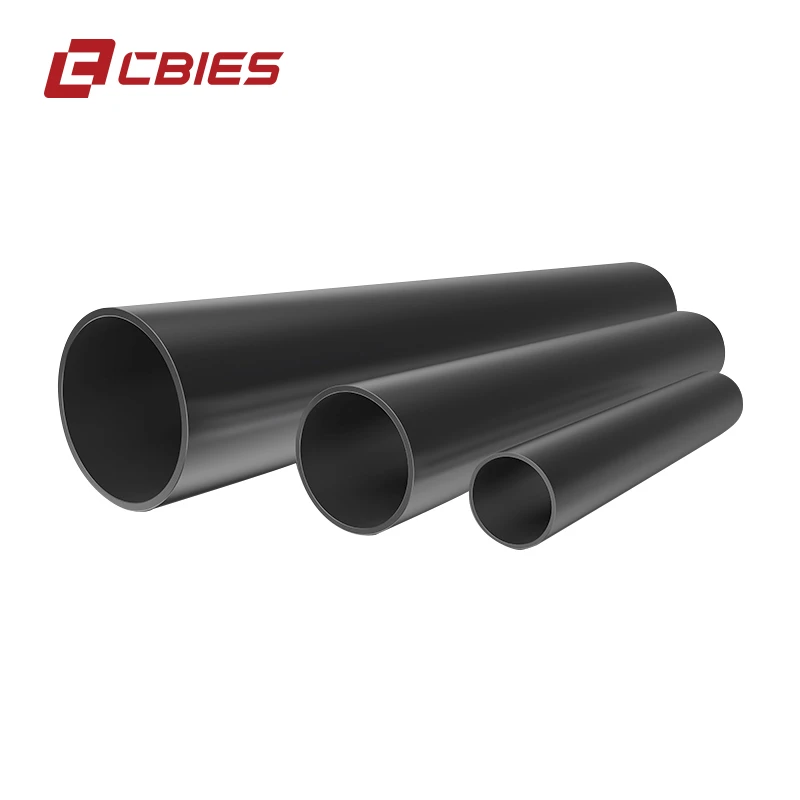
The Rise of Plastic Car Parts A Sustainable Shift in the Automotive Industry
In recent years, the automotive industry has been undergoing a significant transformation, with the increasing integration of plastic parts into vehicle manufacturing. Traditionally, metals like steel and aluminum have dominated the production of car components due to their strength and durability. However, as the industry pivots towards sustainability, plastic car parts have emerged as a viable alternative, offering numerous advantages that align with modern environmental standards and consumer preferences.
One of the primary reasons for the growing popularity of plastic in automotive applications is its lightweight nature. As car manufacturers strive to improve fuel efficiency and reduce emissions, every kilogram counts. Plastic components weigh considerably less than their metal counterparts, which translates to lower vehicle weight. This reduction not only enhances fuel economy but also contributes to decreased greenhouse gas emissions, making vehicles more environmentally friendly.
Another significant advantage of plastic car parts is their design flexibility. Plastics can be molded into complex shapes that would be challenging or impossible to achieve with metals. This versatility offers designers the freedom to innovate, leading to more aerodynamic profiles, improved aesthetics, and enhanced functionality. For instance, intricate interiors and complex outer body panels can be produced with precision and at a reduced cost, allowing car manufacturers to offer a broader range of models and features.

In addition to design and weight benefits, plastic car parts also promise durability and corrosion resistance. Unlike metals, plastics do not rust, which is a vital consideration for vehicles exposed to various environmental conditions. This resistance to corrosion translates into a longer lifespan for parts made from plastics, reducing the frequency and cost of repairs. Furthermore, modern plastics can be engineered to withstand the high temperatures and stresses associated with automotive applications, ensuring that they perform reliably over time.
The environmental impact of using plastic car parts is also noteworthy. Many automotive manufacturers are now turning to recycled plastics in their production processes, thereby reducing the demand for new raw materials and minimizing waste. By incorporating recycled materials, manufacturers not only lessen their ecological footprint but also appeal to the growing consumer demand for sustainability. Companies like BMW and Ford have already made strides in using recycled plastics, demonstrating that it is possible to balance performance with environmental responsibility.
Despite these advantages, the shift towards plastic parts is not without challenges. Concerns regarding the recyclability of plastics and their long-term environmental impact continue to spark debate. However, ongoing research and development aim to address these issues, focusing on creating more sustainable plastic formulas and improving recycling processes.
In conclusion, the integration of plastic car parts represents a critical evolution in the automotive industry. With benefits such as reduced weight, design flexibility, durability, and sustainability, plastic components are likely to play an increasingly prominent role in future vehicle designs. As manufacturers continue to innovate and explore new materials, the automotive landscape will undoubtedly evolve, paving the way for greener, more efficient vehicles that meet the demands of modern society. The future of automotive manufacturing is bright, and plastic is poised to be a key player in driving this change towards sustainability.